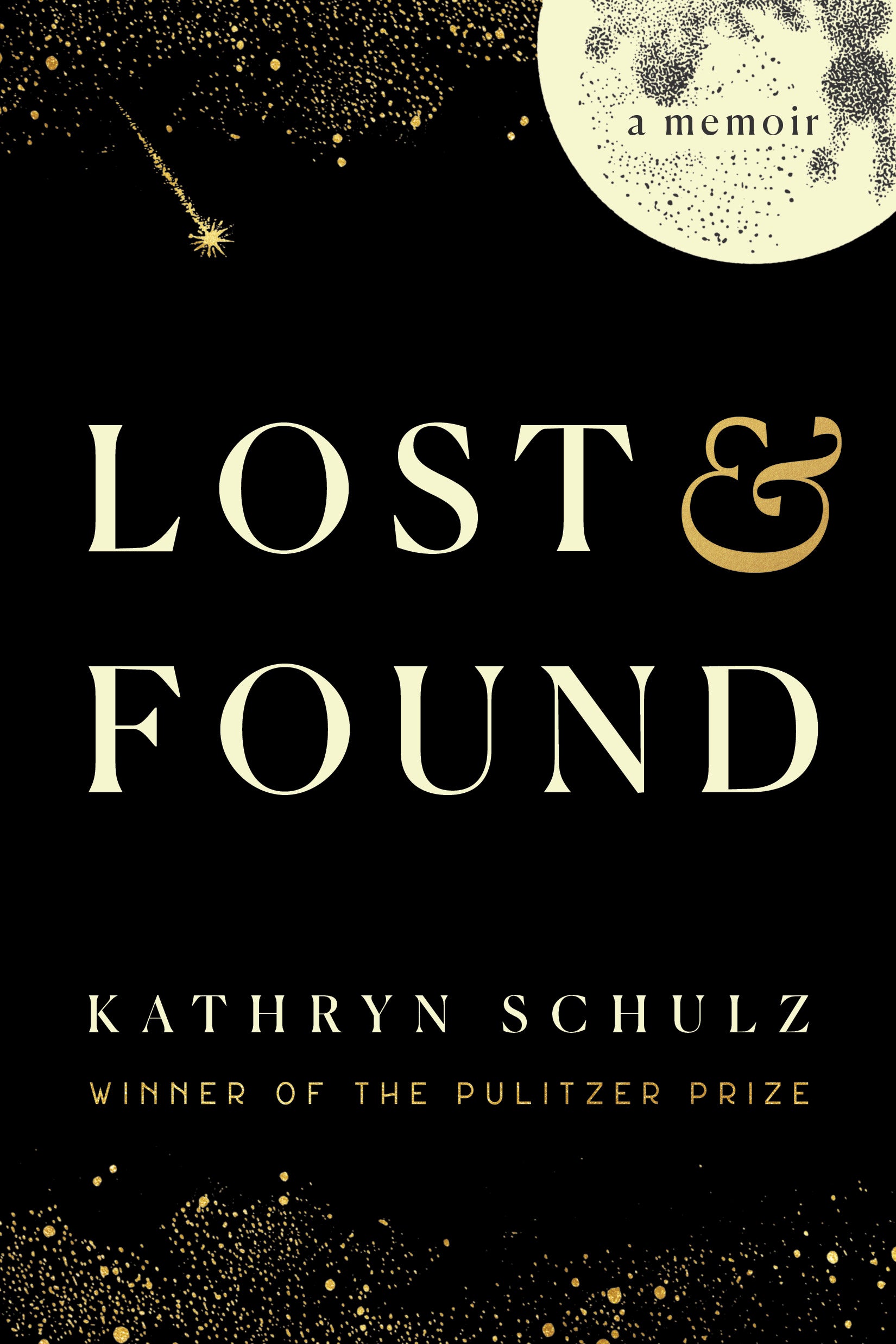Review: New memoir about losing a father and finding a wife
Eighteen months before her beloved father died, Kathryn Schulz fell in love with the woman she would marry

Your support helps us to tell the story
From reproductive rights to climate change to Big Tech, The Independent is on the ground when the story is developing. Whether it's investigating the financials of Elon Musk's pro-Trump PAC or producing our latest documentary, 'The A Word', which shines a light on the American women fighting for reproductive rights, we know how important it is to parse out the facts from the messaging.
At such a critical moment in US history, we need reporters on the ground. Your donation allows us to keep sending journalists to speak to both sides of the story.
The Independent is trusted by Americans across the entire political spectrum. And unlike many other quality news outlets, we choose not to lock Americans out of our reporting and analysis with paywalls. We believe quality journalism should be available to everyone, paid for by those who can afford it.
Your support makes all the difference.“Lost & Found,” by Kathryn Schulz (Random House)
Kathryn Schulz isn’t afraid to stake out a contrarian position. In 2015, she denounced Henry David Thoreau as a narrow-minded narcissist in the pages of the New Yorker where she is a staff writer. A couple years before that, she wrote an essay for New York magazine titled “Why I Despise 'The Great Gatsby,'” widely considered one of the great American novels. So, upon hearing that she has just written a memoir about losing a parent and gaining a spouse, you might expect her to serve up some snark with the sentiment. But you’d be wrong.
“Lost & Found” is a straightforward, elegantly written tribute to her father, Isaac Schulz, a Cleveland lawyer who died in 2016 at age 74, leaving behind his wife of 49 years and two daughters, including Kathryn, a Pulitzer Prize-winning journalist. The second half of the book is a passionate paean to her New Yorker colleague Casey Cep, whom she met and fell madly in love with 18 months before her beloved father died.
The two parts, “Lost” and “Found,” are followed by a much shorter section, “And,” which owes its name to a short, scintillating quotation at the beginning of the book from the psychologist and philosopher William James: “Nothing includes everything, or dominates over everything. The word `and’ trails along after every sentence.”
Here, she drills down into the meaning of this humble conjunction, quoting James at greater length and endorsing his observation that “consciousness… is of a teeming multiplicity of objects and relations.” In other words, it was perfectly possible for her to almost simultaneously experience the grief of losing her father and the joy of finding the love of her life.
James is one of many writers, thinkers and poets, including Robert Frost, Elizabeth Bishop and Walt Whitman, whose words amplify Schulz’s own often dazzling reflections on loss, discovery and the continuity of life. Toward the end of the book, however, she resumes her contrarian stance, challenging Leo Tolstoy’s famous opening line of “Anna Karenina” — “Happy families are all alike; every unhappy family is unhappy in its own way” — to ask why family stories of joy and contentment such as her own are necessarily dull. “In what possible ways, for what possible reasons, would unhappiness be more rich and varied than its antithesis?” she says. One answer might be — human nature. It’s tough to avert your eyes from a train wreck, and as many noted this past holiday season, the Grinch is more fun than Santa.